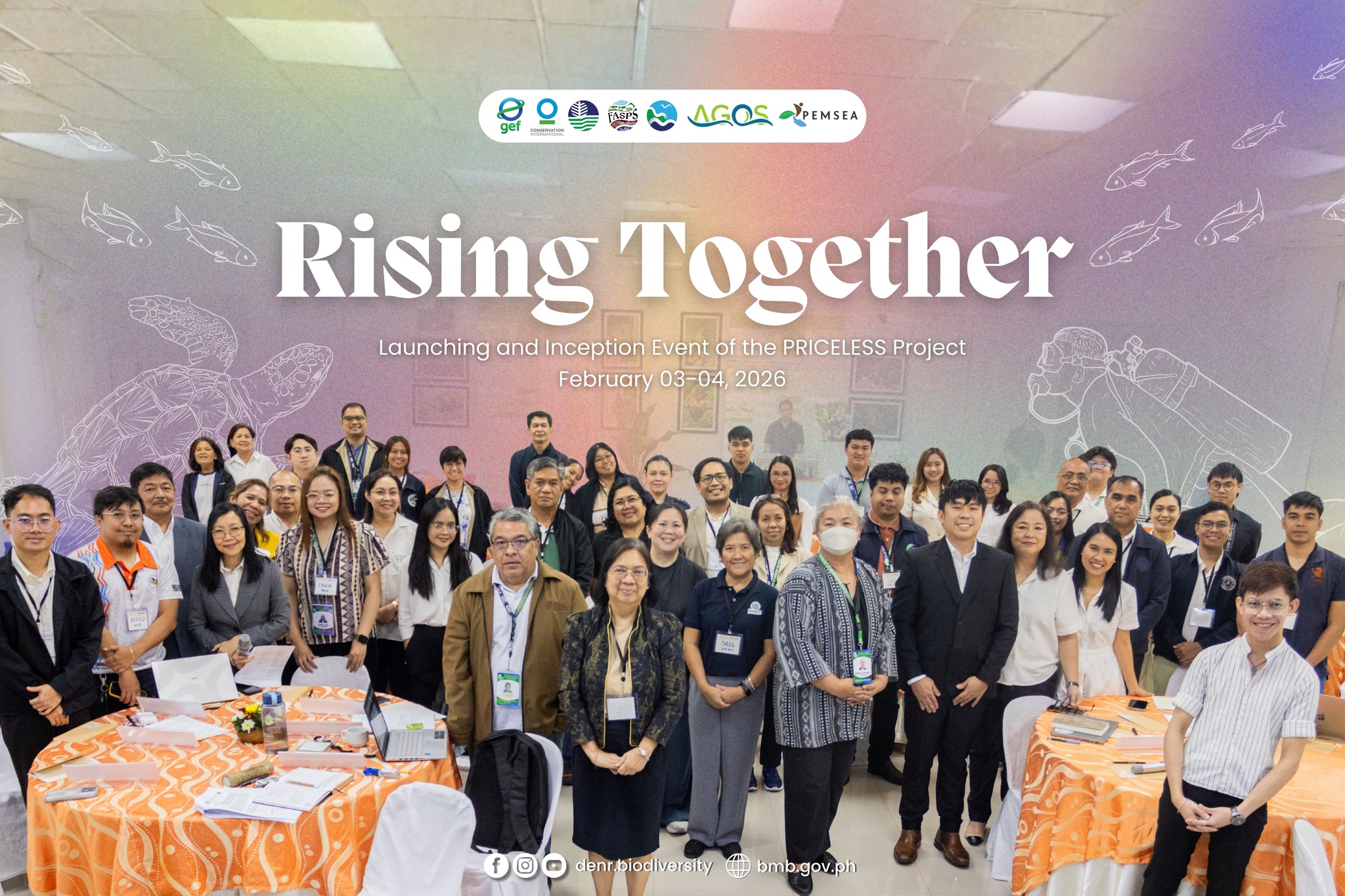NOWPAP Updates (October 2009)
Thursday, 29 October 2009

Toyama, Japan — With the financial support from UNEP Division of Environmental Policy Implementation, NOWPAP successfully convened the Brainstorming Workshop on Marine and Coastal Biodiversity on 17 September 2009 in Toyama, Japan.The workshop was well-attended by experts from all four NOWPAP member states and representatives from NOWPAP partners (COBSEA, PICES and YSLME) as well as other international organizations and projects such as Asia-Pacific Network for Global Change Research (APN), Census of Marine Life (CoML), Helsinki Commission (HELCOM), IUCN (International Union for Conservation of Nature), UN University - Institute of Advanced Studies (UNU-IAS), Ocean Biogeographic Information System (OBIS), and WWF-Japan. Among several possible projects related to biodiversity conservation in the NOWPAP region, the following were recommended for the next NOWPAP Intergovernmental Meeting in December 2009 for consideration and approval:Assessment of the current status of biodiversity in the NOWPAP region.Assessment of climate change impacts and other factors on marine and coastal ecosystems. Establishing networks of marine protected areas (MPAs), including taking into account typical habitat representation. Developing a regional programme to deal with marine invasive species.The brainstorming workshop was held back-to-back with the First Workshop on Marine Biodiversity in the Northwest Pacific Region on 16 September where participants were briefed on the current situation in the region and planned activities of NOWPAP member states in relation to biodiversity conservation.Seventh NOWPAP POMRAC Focal Points MeetingThe POMRAC Focal Points Meeting (FPM) has been held in Kanazawa, Japan, on 11-12 September. The meeting discussed and agreed on new POMRAC activities for 2009 and for 2010-2011. The POMRAC activities in 2010-2011 biennium will be focusing on two major issues:Preparing the next edition of the "State of Marine Environment Report" (SOMER) for the NOWPAP region.Integrated Coastal and River Basin Management (ICARM). Within SOMER, two POMRAC working groups (on atmospheric deposition and on river and direct inputs of contaminants) are expected to contribute, as well as other NOWPAP RACs. Within ICARM, many different issues might be covered (pending availability of additional funds and decisions of the NOWPAP Intergovernmental Meeting): climate change adaptation, biodiversity conservation, marine spatial planning, ecosystem valuation, applying ecosystem-based management, etc.Seventh NOWPAP CEARAC Focal Points MeetingThe CEARAC FPM has been held in Toyama, Japan, on 14-15 September. The meeting adopted the CEARAC work plan and budget for 2010-2011 biennium with focus on the following activities:Assessment of eutrophication status in selected sea areas in the NOWPAP region.Updating integrated (i.e., regional) reports on Harmful Algal Blooms (HAB) and on Remote Sensing (RS) applications for marine environment monitoring in the NOWPAP region.Carrying out 3rd NOWPAP Training Courses on RS data analysis and applications.Developing a methodology for coastal environmental assessment with the focus on biodiversity.While implementing these activities (pending budget availability after approval by the NOWPAP IGM), close cooperation with other international organizations and projects will be sought, such as PICES, IOC/WESTPAC, COBSEA, HELCOM, etc.NOWPAP at the 2009 PICES International Summer School on Satellite OceanographyAs part of the cooperative activities between NOWPAP and PICES, NOWPAP CEARAC director and expert attended the PICES Summer School on Satellite Oceanography for the Earth Environment on 25-28 August at the Seoul National University in RO Korea. The four-day summer school was conducted for 36 postgraduate students, early-career scientists and other professionals from the North Pacific region. The event was sponsored by several Korean and international organizations and companies. The CEARAC expert contributed to the success of the summer school by serving as the facilitator.This is the second time that NOWPAP and PICES have had this kind of joint activities: similar remote sensing training workshop was conducted in Korea in 2008.Marine Invasive Species Project CommencedAs decided at the 8th NOWPAP DINRAC Focal Points Meeting in May 2009, a working group on marine invasive species (MIS) has been set up and started developing an outline for compiling national reports and a regional overview which are expected to be completed within several months. In the meantime, NOWPAP RCU expert is attending a MIS Workshop organized by COBSEA, which is also developing a regional strategy on the marine invasive species.




